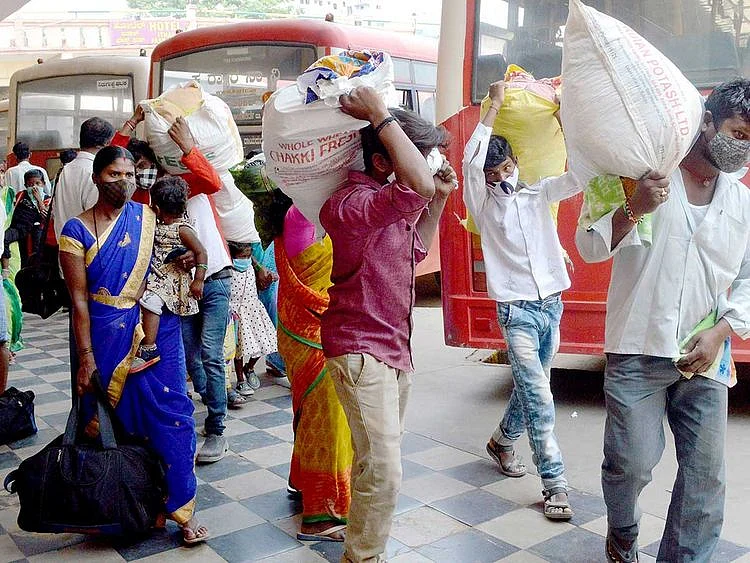In second India COVID-19 wave, life grinds to slow lane in Karnataka
Normal life hit as state begins 14-day shutdown

Also In This Package
Mass funeral pyres reflect COVID-19 crisis in India
In pictures: India Assembly Elections 2021
Photos: UAE landmarks light up in support for India
Indian celebs who have died in the COVID-19 second wave
See: Grief, fear as COVID deaths, cases surge in India
Oxygen demand outstrips supply in India hotspots
Thiruvananthapuram: The early months of this year seemed to signal a slow but sure crawl back towards its bustling days of the past for India’s tech stronghold Bengaluru, but another wave of coronavirus has dealt a debilitating blow to those hopes.
A sense of alarm pervaded India’s own Silicon Valley after state chief minister B.S. Yediyurappa announced a 14-day ‘close-down’, as he called it, starting Tuesday midnight.
“The virus is spreading aggressively across the state. It is worse than in Maharashtra and Delhi. From tomorrow (Tuesday), for 14 days, there will be strict measures in place across the state. Essential groceries will be allowed to be purchased between 6 am and 10 am,” he said on Monday.
That triggered a rush to the bus stations from Monday evening as thousands of students, workers from other states and entire families set off on an exodus out of the state before public transport stopped. The city’s main bus station at Majestic Circle was crowded with people jostling to catch buses home on Monday evening.
Bengaluru has a metro-area population estimated at roughly 12.50 million, a significant proportion of them students and tech sector staff, besides numerous construction workers from other states.
The state government decided to keep manufacturing activity and essential services open, and to permit transport services to move goods and essentials.
Over 14,000 lives lost
Karnataka happens to be second in the list of Indian states that has lost most lives in the COVID-19 pandemic, with 14,426 deaths until Monday, a chart that is topped by Maharashtra that has chalked up 64,760 deaths.
It is particularly incapacitating for India’s stressed economy that Maharasthra’s capital Mumbai is the country’s commercial capital and Karnataka capital Bengaluru is India’s tech capital.
From the beginning of the pandemic, Maharashtra has clocked 4.3 million cases and Karnataka, 1.3 million cases.
New variants add pressure
Meanwhile, there is fear in the state that new variants of the coronavirus now believed to be spreading in Bengal, Maharashtra and Delhi will spread to other states including Karnataka.
A Bengaluru-based specialist in infectious diseases, Dr Ranjit Mohan told Gulf News that the triple mutant variant which was first detected in Bengal was now showing up in isolated cases in other regions of India and even abroad.
Normal life hit
Meanwhile, Bengaluru residents face a fortnight locked down at homes, taking the tech city back to the restricted lifestyle that was the norm in most of 2020.
Anu Jacob, a resident of Hebbal in Bengaluru told Gulf News that vehicles on the city roads – known for frequent traffic snarls until the pandemic hit – had reduced to a trickle following the chief minister’s announcement.
Individual residential complexes are putting in place their own restrictions. “Our apartment complex has advised us not to have guests, and insists on RtPCR tests for guests who come from other states”, Jacob said.
NGO support
Several NGOs, religious organisations and private companies have also joined in Bengaluru’s vaccination drive, in addition to what the state government is providing.
The St Alphonsa Forane Church at Sultan Palaya had its parishioners vaccinated by coordinating with state government officials. Several private companies are also offering support by offering to vaccinate entire families of their employees at the companies’ cost.
Sign up for the Daily Briefing
Get the latest news and updates straight to your inbox
Network Links
GN StoreDownload our app
© Al Nisr Publishing LLC 2025. All rights reserved.